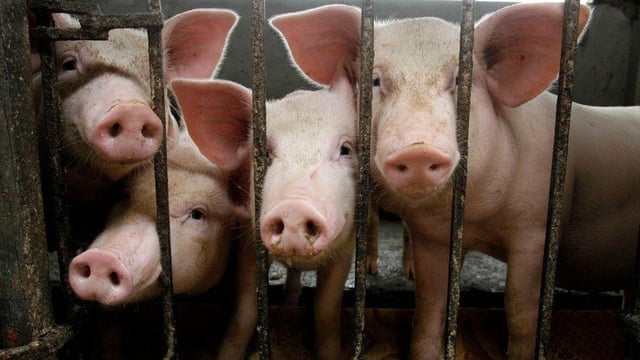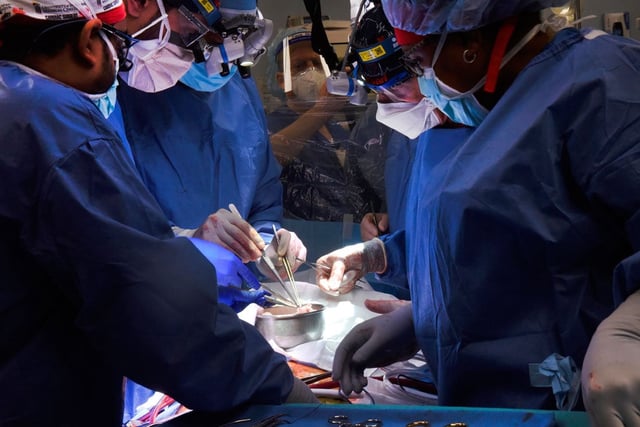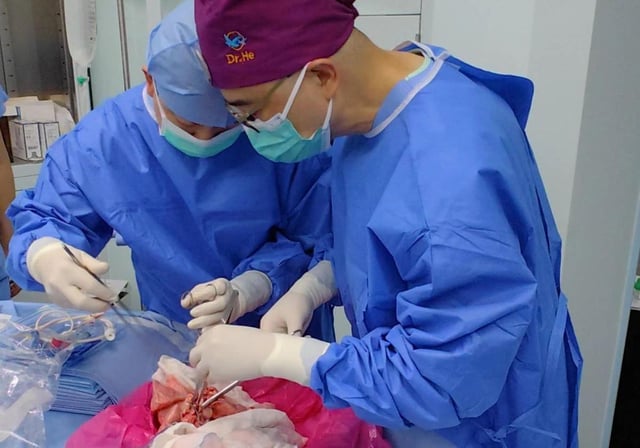Overview
- The Journal of Hepatology published the case on October 9, detailing an auxiliary pig-to-human liver xenotransplant led by Dr. Beicheng Sun at the First Affiliated Hospital of Anhui.
- A 71-year-old man with hepatitis B–related cirrhosis and hepatocellular carcinoma received the graft because he was not a candidate for a conventional human liver transplant.
- The donor was a Diannan miniature pig engineered with 10 genetic edits to reduce hyperacute rejection and improve coagulation and immune compatibility.
- The graft produced bile and coagulation factors without acute rejection for about a month, but xeno–thrombotic microangiopathy on day 38 prompted graft removal; clinicians used eculizumab and plasma exchange, and the patient died on day 171.
- Transplant specialists describe the outcome as proof-of-concept with potential as bridge therapy, stressing that xenotransplantation remains experimental given persistent safety, durability and oversight challenges.



